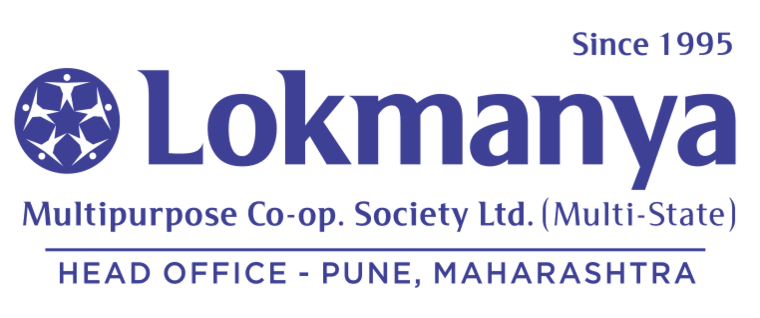As we step into 2025, the recruitment landscape is evolving at an unprecedented pace. To stay ahead of the curve, organizations must adopt forward-thinking strategies that address shifting workforce dynamics and emerging technologies. Here’s a closer look at the key trends shaping recruitment in 2025:
1. AI and Automation Redefining Recruitment
Artificial Intelligence (AI) and automation have become indispensable in streamlining recruitment. From AI-powered resume screening to chatbots that engage with candidates, these tools are accelerating hiring timelines while minimizing human bias. Predictive analytics is also gaining traction, helping organizations assess candidate potential and predict long-term success.
2. The Power of Personalized Candidate Experiences
In today’s candidate-driven job market, personalization is no longer optional. Tailored job alerts, one-on-one communication, and thoughtful follow-ups create a seamless experience for candidates. Organizations investing in personalization are not only attracting top talent but also building long-lasting employer-candidate relationships.
3. Diversity, Equity, Inclusion, and Belonging (DEIB)
Diversity is now a given, but belonging is the next frontier. In 2025, companies are adopting inclusive recruitment practices that foster a sense of belonging from the very start. Blind hiring practices, inclusive job descriptions, and diverse interview panels are at the forefront of this transformation.
4. Hybrid and Remote Work Driving Talent Access
With hybrid work models solidifying their place, job seekers increasingly demand flexibility. Companies offering remote or hybrid roles are accessing talent from across the globe. This shift not only expands the talent pool but also brings diverse perspectives into organizations.

5. The Move Toward Skills-Based Hiring
Degrees are no longer the gold standard. Employers are now focusing on skills, certifications, and portfolios that demonstrate real-world capabilities. This approach, fueled by the popularity of micro-credentials and online learning, ensures that candidates are job-ready from day one.
6. Green Recruitment: Sustainability as a Differentiator
Sustainability is now a priority for candidates, especially Millennials and Gen Z. Organizations are adopting eco-friendly recruitment practices, such as paperless processes, virtual interviews, and showcasing their sustainability initiatives during recruitment campaigns.
7. Employer Branding: A Recruitment Essential
In 2025, strong employer branding is crucial. Candidates actively research companies before applying, and organizations that effectively highlight their culture, values, and career growth opportunities stand out. Social media, employee advocacy, and storytelling are driving recruitment marketing campaigns.
8. Prioritizing Employee Well-Being
Well-being is a top concern for job seekers. Companies emphasizing work-life balance, mental health resources, and comprehensive benefits are gaining a competitive edge. Highlighting wellness programs during the hiring process is no longer optional—it’s expected.
9. Gamified and Tech-Driven Assessments
Gamification and advanced technologies such as Virtual Reality (VR) and Augmented Reality (AR) are revolutionizing assessments. These tools make evaluations more engaging and provide deeper insights into a candidate’s problem-solving skills, creativity, and cultural fit.
10. The Growing Influence of the Gig Economy
The gig economy continues to expand, offering organizations access to skilled freelancers for short-term and specialized projects. Fractional hiring is becoming a popular strategy to meet business needs while maintaining flexibility and cost efficiency.
11. Data-Driven Recruitment Strategies
Data analytics is empowering HR teams to make smarter decisions. By analyzing hiring trends, tracking candidate journeys, and evaluating recruitment channel effectiveness, companies can refine their processes and improve overall hiring outcomes.
Conclusion
Recruitment in 2025 is about more than filling roles—it’s about creating an agile, inclusive, and future-ready workforce. By leveraging these emerging trends, organizations can position themselves as employers of choice in a competitive talent market.

